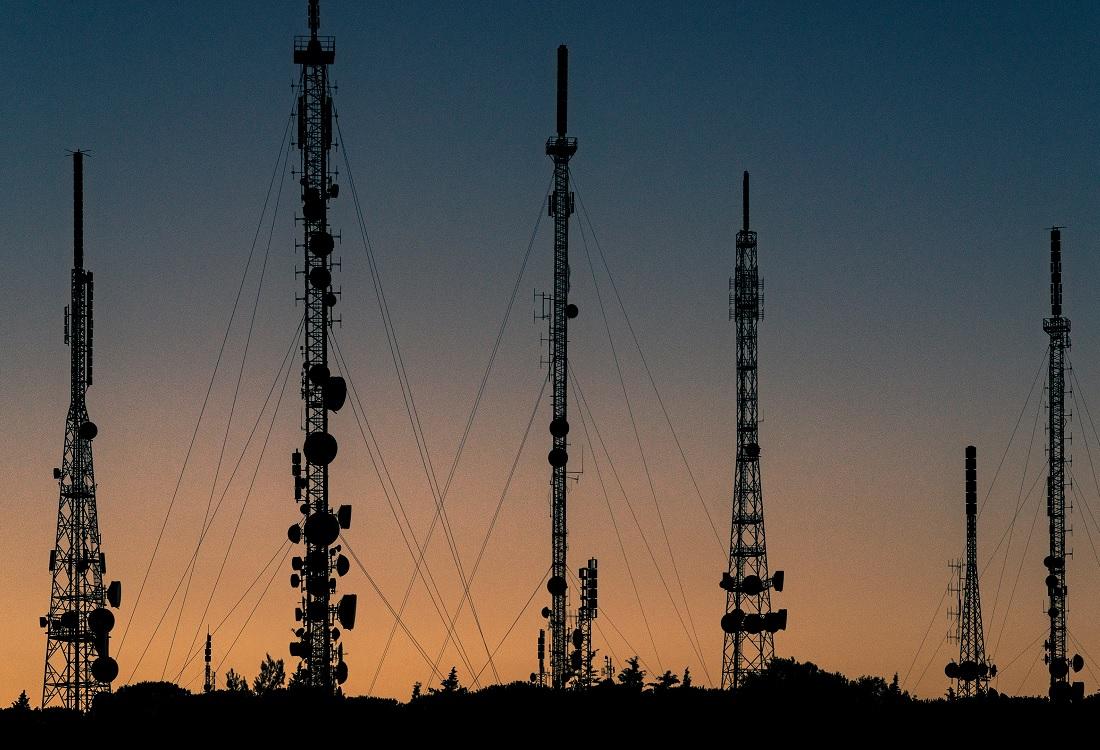New cellular technologies are often associated with higher health risk and there has been a share of that with the upcoming 5G network. Some believe that 5G could increase radiation exposure and, with it, the risk of cancer. According to a new article, there is currently no evidence of increased risk, for example, due to higher radiation exposure.
Interestingly and the flipside of the coin, the American National Toxicology Program (NTP) has actually found a higher risk of cancer after animal experiments with rats. However, scientists like the environmental epidemiologist Professor Martin Röösli doubt that the study can be transferred to humans.
Experiments with 5G are already being carried out in parts of the country. Large-scale use of the network so far takes place in particular in Asia and the United States. The application of the 5G network is also called 'Internet of Things', whereby all kinds of devices can be connected to each other even more innovatively. For example, it would be possible to remotely control robots in hospitals, improve infrastructure with self-driving cars and adapted traffic lights, and implement smart farming techniques that create the perfect crops. In addition, fast internet with 5G becomes accessible to more people and in more areas.
Some researchers believe that radiation warms up body tissue, causing damage to the DNA. It would be comparable to food being heated in the microwave, with molecules deforming, damaging and nutrients being lost. Other researchers think that there are other effects of radiation in addition to heat. Various studies have found effects of radiation that are independent of the heat effect, but it is still unclear what exactly is the cause. In addition, there are scientists who see no increase in public health in the increase in radiation, and in some studies multiple interpretations of the results are possible.
In the article they say that the radiation exposure of the rats in the NTP experiment was significantly higher than the expected exposure to 5G for humans. In addition, the type of cancer developed by the rats practically does not occur in humans. Röösli also contradicts a higher radiation exposure due to the increase in transmission towers, since the smartphones would find a better connection to the transmission towers and therefore would not have to emit as much radiation.
The Federal Office for Radiation Protection (BfS) is currently not assuming negative health effects. Among other things, it points out that 5G will initially be used in frequency ranges that are already used by today's mobile communications and other technologies. Sarah Drießen, head of the Research Center for Electro-Magnetic Environmental Compatibility (femu), has not been able to demonstrate any health risks from 5G based on previous studies.
The editors of the article also point out that there has been no increase in brain cancer since the introduction of cell phones. In Sweden, there was a slight increase in people over seventy, but this was related to the higher life rating.
The BfS also writes that the technology is too young for a final assessment, since cancer, for example, would develop over a period of 20 to 30 years.
New Study claims 5G does not pose health risks


